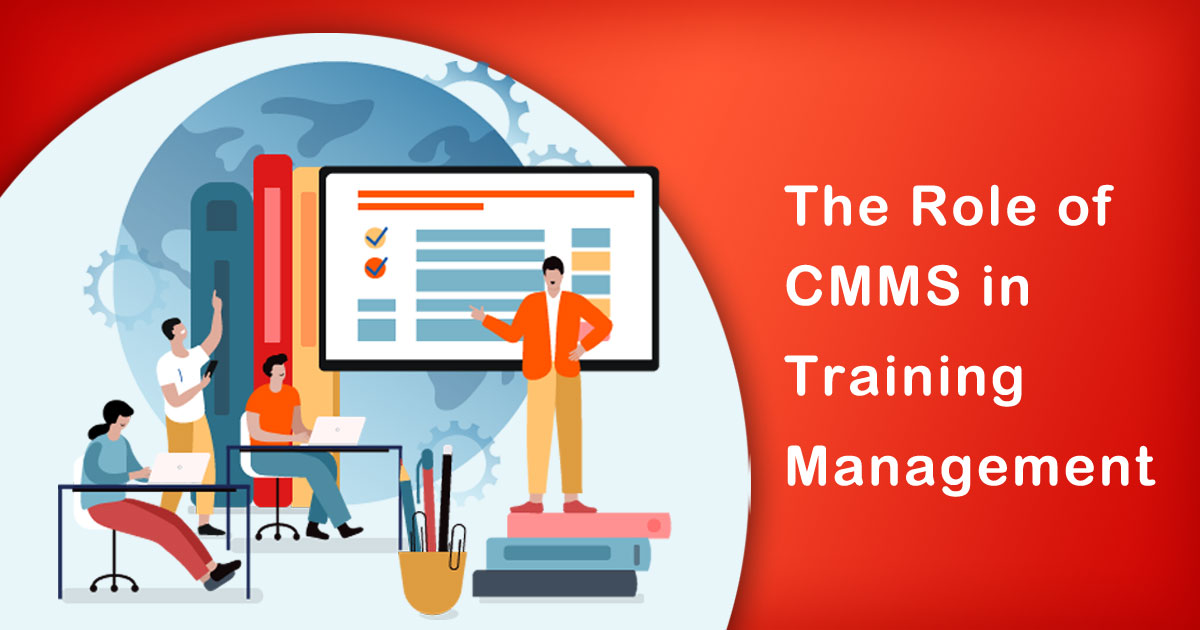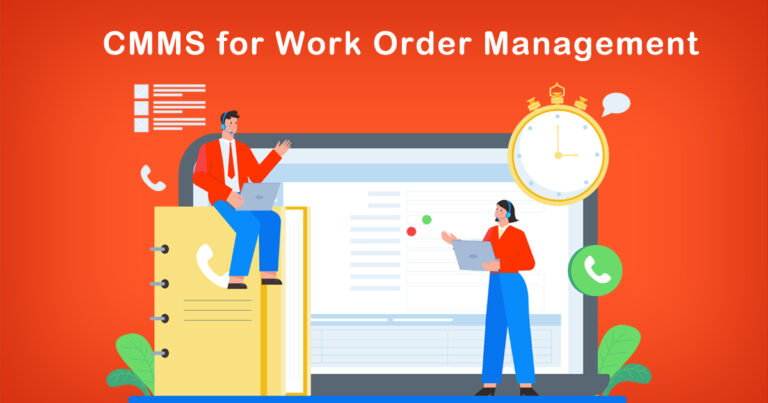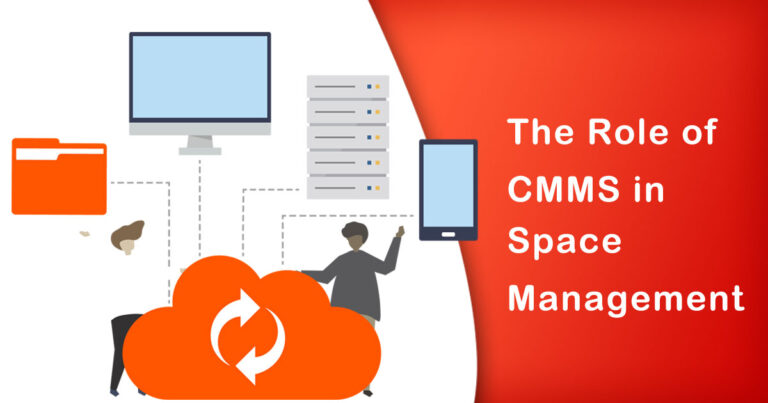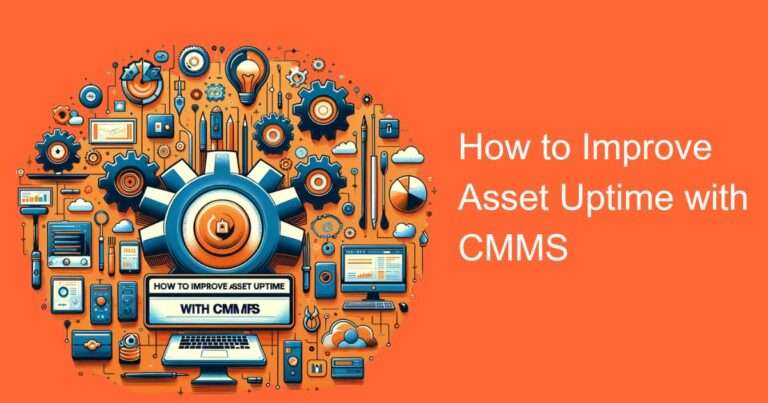Introduction
In today’s fast-paced and rapidly evolving business landscape, effective training management is crucial for organizations to stay competitive and ensure the continuous development of their workforce. With the advent of technology, Computerized Maintenance Management Systems (CMMS) have emerged as indispensable tools in training management. In this article, we will explore the role of CMMS in training management, focusing on the Indian context, and highlight why organizations need to embrace this powerful solution.
Understanding CMMS
Computerized Maintenance Management Systems (CMMS) are software applications designed to streamline and automate various maintenance activities within an organization. While traditionally used in the maintenance and asset management domain, CMMS has evolved to play a pivotal role in training management as well.
Benefits of CMMS in Training Management
1. Centralized Training Management:
CMMS enables organizations to consolidate all training-related information, such as schedules, registrations, certifications, and training materials, in a single, easily accessible platform. This centralized approach eliminates the need for manual tracking systems and ensures that crucial training data is readily available when needed.
2. Efficient Resource Allocation:
With CMMS, organizations can efficiently allocate resources for training activities. The system helps in managing training rooms, equipment, and trainers, optimizing resource utilization and reducing costs. It enables organizations to identify and eliminate training bottlenecks, ensuring a smooth and efficient training process.
3. Enhanced Compliance and Reporting:
In the Indian context, organizations must comply with various industry-specific regulations and training standards. CMMS simplifies compliance by providing automated tracking and reporting capabilities. It ensures that employees receive the required training within specified timeframes, reducing the risk of non-compliance and potential legal ramifications.
4. Performance Tracking and Evaluation:
CMMS offers robust tracking and evaluation features, allowing organizations to monitor the progress and performance of employees throughout their training journey. Detailed reports and analytics enable managers to identify skill gaps, track certifications, and assess the overall effectiveness of training programs. This data-driven approach helps organizations refine their training strategies and ensure continuous improvement.
5. Streamlined Communication and Collaboration:
CMMS facilitates effective communication and collaboration among training stakeholders. It enables trainers, trainees, and managers to interact seamlessly through the system, fostering knowledge sharing and engagement. Real-time updates and notifications ensure that all parties stay informed about training schedules, changes, and requirements, improving overall coordination.
6. Scalability and Flexibility:
CMMS solutions can be tailored to meet the unique needs of organizations of all sizes. Whether it’s a small startup or a large enterprise, CMMS offers scalability and flexibility to accommodate growth and evolving training requirements. The system can be easily customized to align with specific industry standards, regulations, and organizational workflows.
Conclusion
As businesses in India strive to stay ahead in an increasingly competitive landscape, effective training management becomes paramount. The adoption of Computerized Maintenance Management Systems (CMMS) empowers organizations to streamline training operations, optimize resource allocation, ensure compliance, and enhance overall training effectiveness. With its centralized approach, automated features, and robust reporting capabilities, CMMS provides a solid foundation for organizations to build a skilled and competent workforce.
Embracing CMMS not only improves training efficiency but also contributes to a culture of continuous learning and professional development within the organization. By harnessing the power of CMMS, organizations in India can unlock their employees’ potential, boost productivity, and gain a competitive edge in the market.








